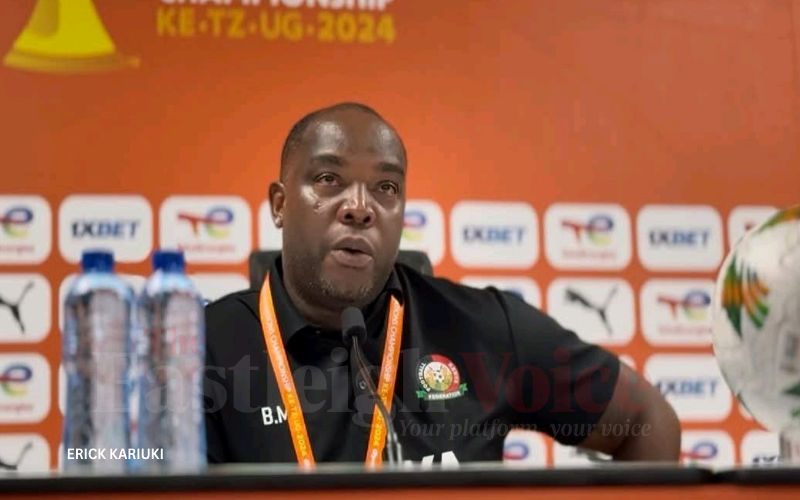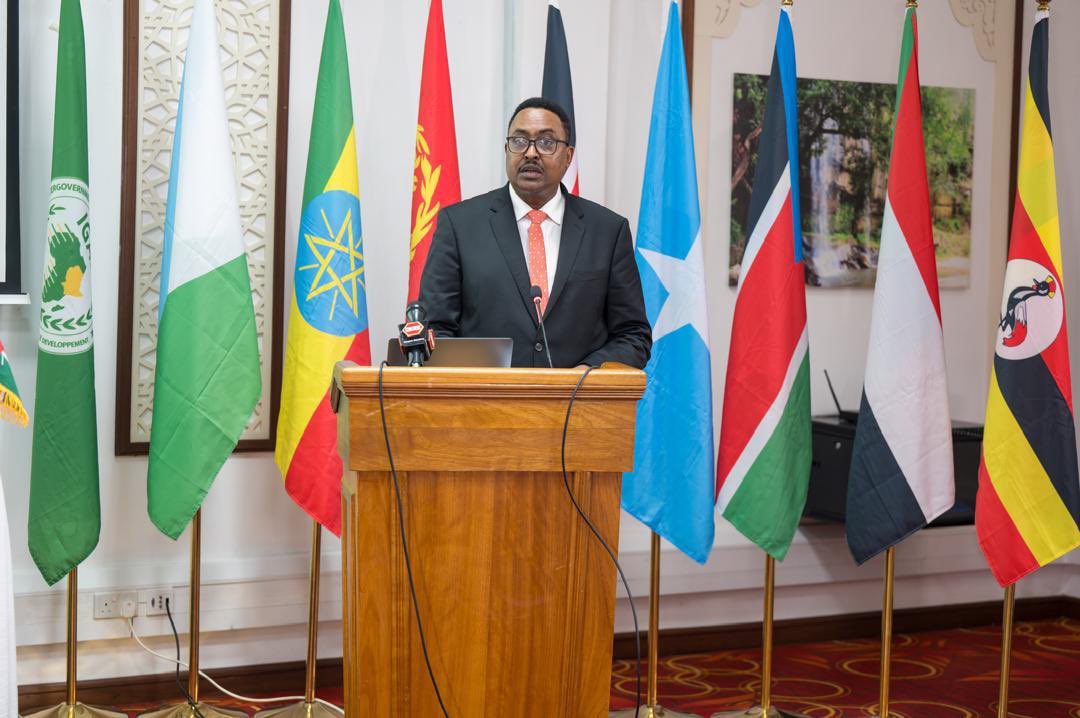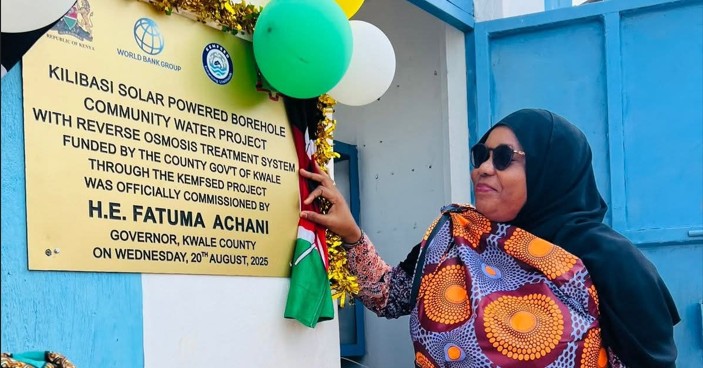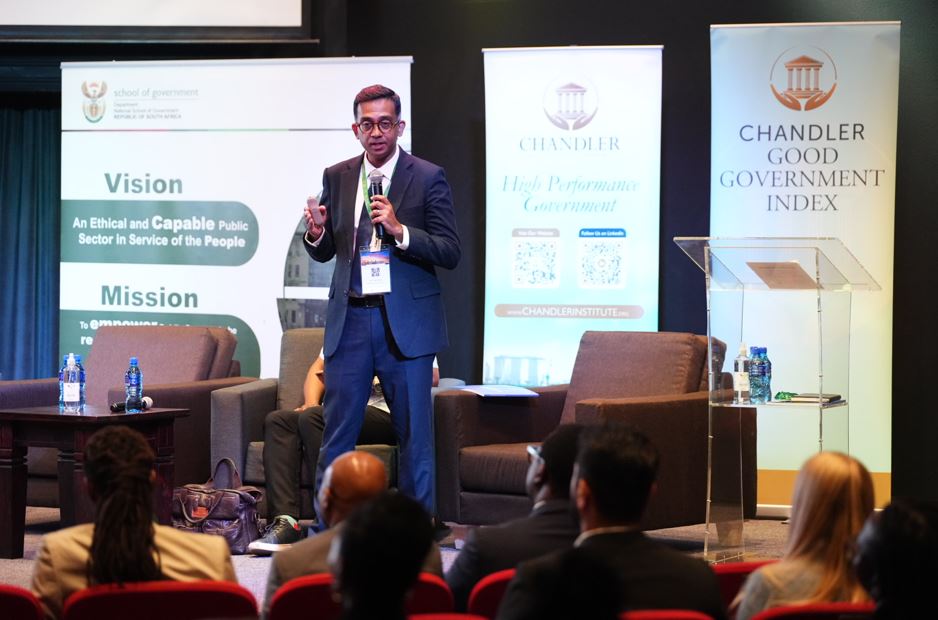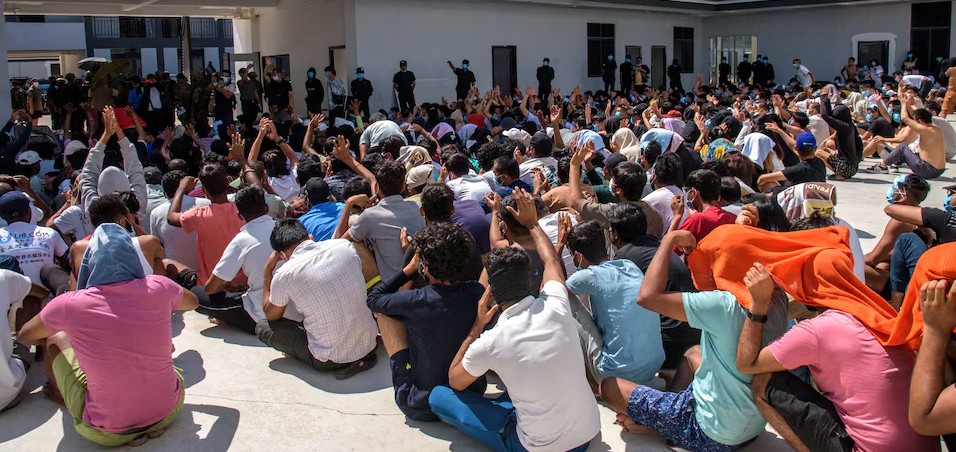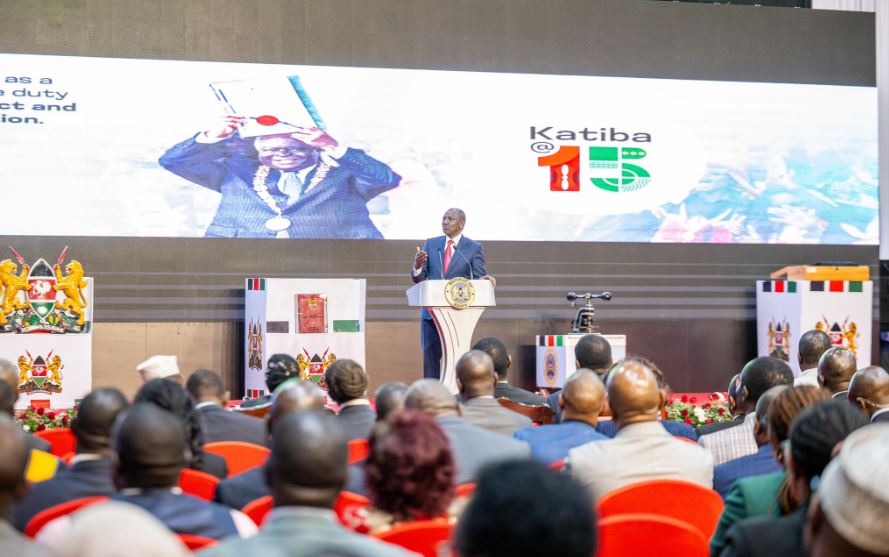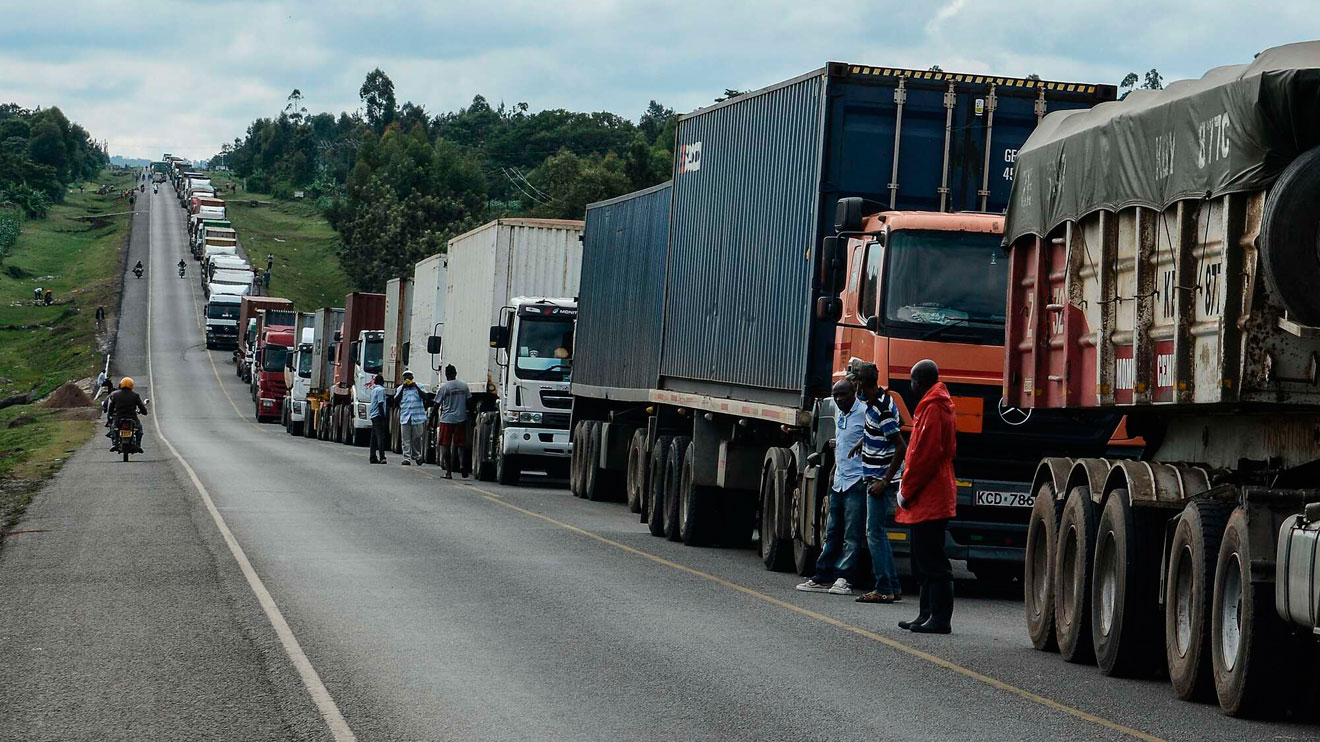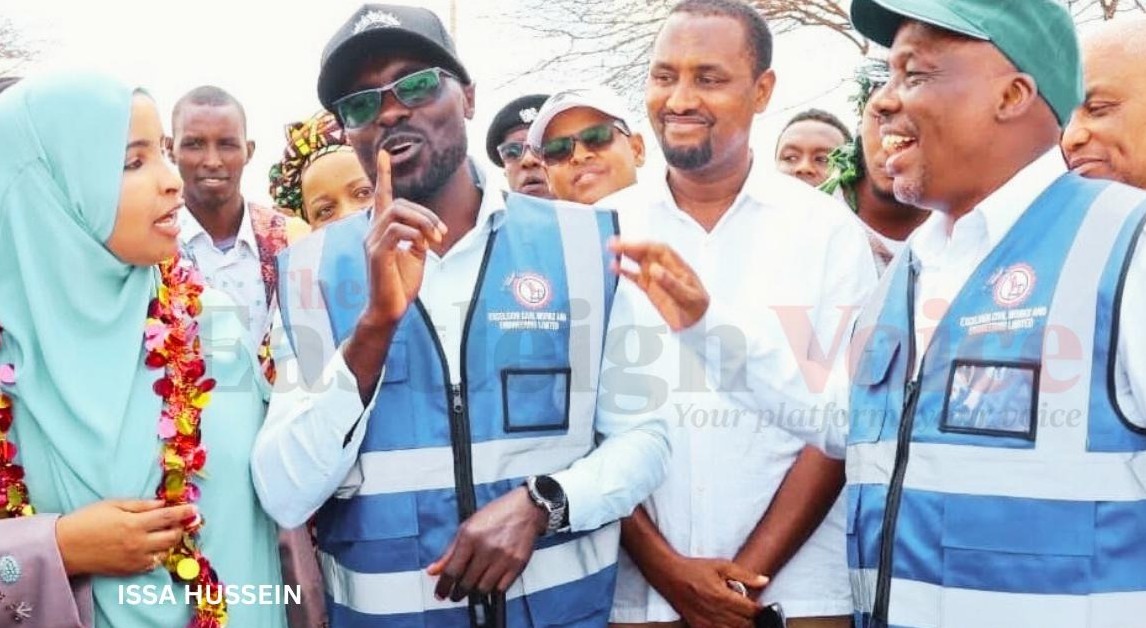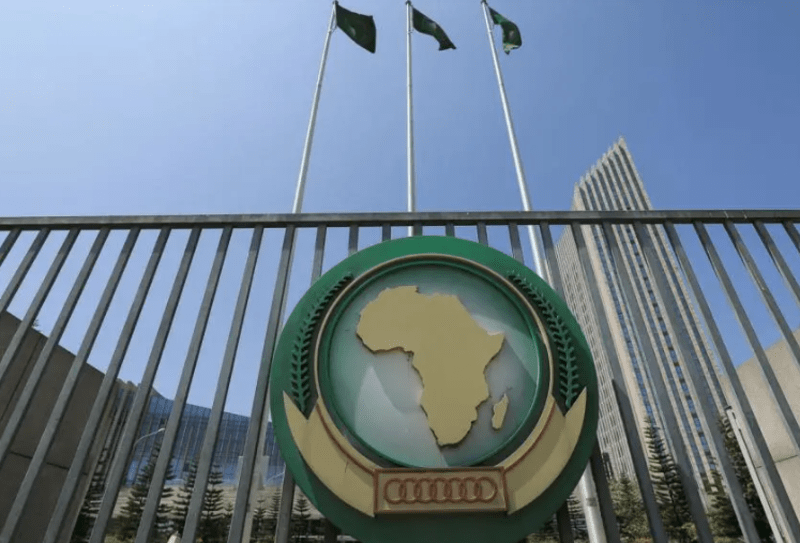Public health facilities to pay KEMSA directly under new SHA system
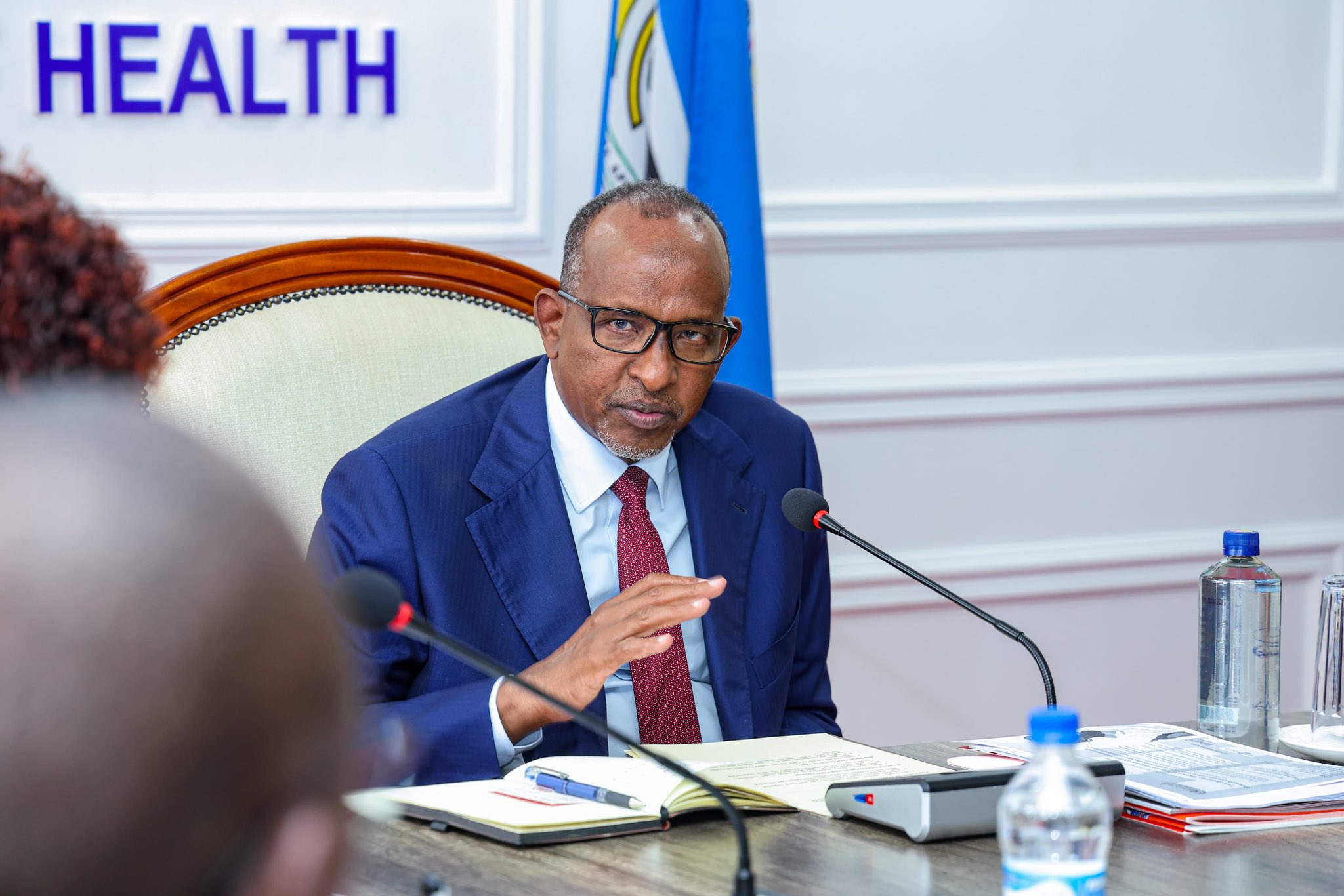
Ruto had challenged county governments to play their part by paying KEMSA for the drugs delivered.
Health Cabinet Secretary Aden Duale has announced that public health facilities will begin paying the Kenya Medical Supplies Agency (KEMSA) directly for medical supplies under the Social Health Authority (SHA), bypassing county government revenue systems.
He said the reform is intended to streamline the delivery of medical commodities and improve last-mile efficiency, particularly in addressing drug shortages that have long plagued primary health care in Kenya.
More To Read
- Duale defends SHA amid mounting pressure, fraud allegations by MPs
- President Ruto vows to crack down on SHA fraud as 1,000 health facilities shut
- Maraga calls for EACC probe SHA over ghost hospitals scandal
- PS Oluga warns of health facilities faking staff, equipment to obtain licenses
- 'Crack the whip': Bunge La Wananchi demands action on SHA fraud
- COTU threatens to quit SHA board, cites lack of autonomy
Duale made the remarks on Thursday while appearing before the National Assembly Departmental Committee on Health, chaired by Seme MP James Nyikal, to discuss the 2025/26 budget estimates for the State Department for Public Health and Professional Standards.
The Cabinet Secretary acknowledged that drug availability remains a major concern in the public health system.
He revealed that ongoing reforms at KEMSA are aimed at increasing order fulfilment rates from the current 47 per cent to 100 per cent.
The direct payment model, he explained, will remove bureaucratic delays tied to county revenue systems and ensure health centres receive supplies promptly.
Duale announced that the East Africa Kidney Institute (EAKI) is set to open in July, describing it as a major step toward improving access to specialised healthcare in the region.
He said the facility would serve as a regional centre of excellence for renal care, training, and research, and noted that it would be equipped with over 44 dialysis machines. According to the Cabinet Secretary, the institute represents a key milestone in advancing Universal Health Coverage (UHC).
He also told the committee that the Ministry plans to sign Memoranda of Understanding (MoUs) with Aga Khan University Hospital and other selected facilities to offer kidney transplant services at Social Health Authority (SHA) rates — a move aimed at improving the affordability and accessibility of advanced care.
Earlier, President William Ruto had said his administration is determined to end the long-standing shortage of medicines in public hospitals, widely referred to as “hakuna dawa.”
He stated that the government would boost the capacity of the Kenya Medical Supplies Authority (KEMSA) through a Sh10 billion facility and emphasised the need for prompt payments by county governments to ensure a steady supply of drugs.
“Good people, we all agree that the biggest quarrel from the public in public health facilities is the ‘hakuna dawa’ thing. So we must deal with it,” Ruto said.
Ruto had challenged county governments to play their part by paying KEMSA for the drugs delivered.
“I want the CEO of KEMSA to confirm; we have provided a facility of Sh10 billion to KEMSA, and they have absolutely no reason today why they cannot supply every commodity that is required by counties,” he said. “But as KEMSA provides commodities, counties must also pay. It’s the only way.”
He said the arrangement is simple and should work without friction.
“You scratch my back, I cut yours – the lawyers call it quid pro quo or something,” Ruto joked as he addressed the governors present.
Top Stories Today
Reader Comments
Trending
